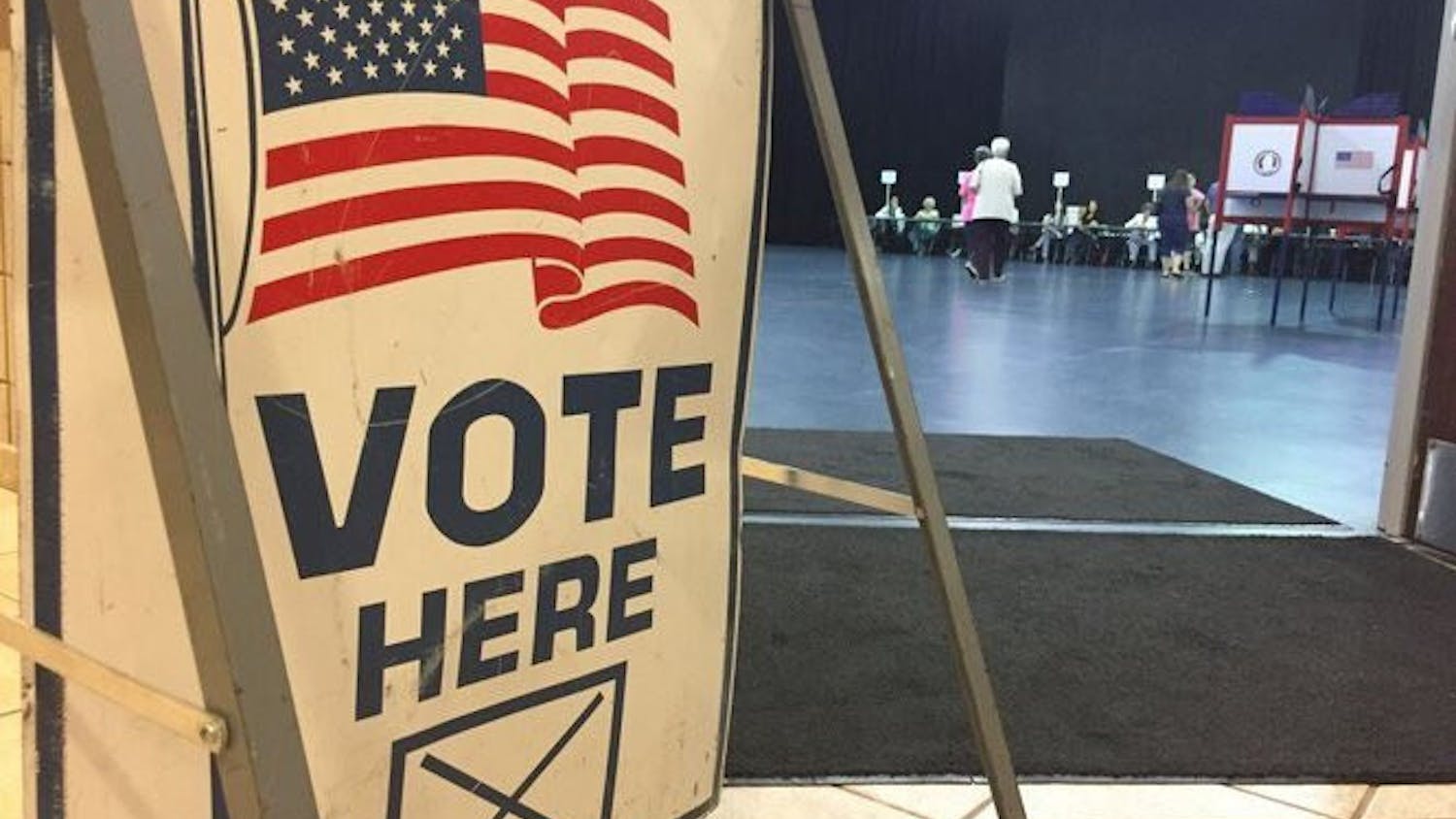By Brielle Bryan
Sand engulfed my feet, anchoring me to the ground. The ocean’s waters charged at me, coming to a hard stop a few inches from where I was standing. My eyes focused on the tempestuous waves that rocked back and forth, mocking me with their hypnotic motions.

I told myself that if I walked into the water, it would grab me and force my head down. I told myself that the darkness from holding my eyes closed would be my very last memory. But none of these qualms would come to pass because it wasn’t the ocean that was the problem, it was me. I was letting fear drive my life.
For the first 18 years of my life, I was afraid to swim in the ocean. Whenever I went to the beach with my friends, they would beg me to come in the water and dive into the waves right before they would break onto the shoreline. I spent hours watching my friends have a good time, as I sat alone and read my book. I let fear isolate me. I let fear hold me back.
I began to question why I was so afraid. If my friends could swim in the water and live to tell the tale, why couldn’t I? Where did my irrational fear of drowning in the sea originate?
I once almost drowned in a pool as a child. My friend couldn’t swim, and I tried to help her. In my attempt to save her, she pushed me down and held my head below the surface of the water as a way to keep herself afloat.
After the incident, I developed a fear. Even though it happened in a pool, I never became afraid of pools because the water is quiet. Instead I became afraid of the ocean. I thought of the waves as the person who had held me down, and remembered the feeling of not being able to breathe.
On Oct. 31, a 29-year-old man from Uzbekistan rented a pickup truck and drove it down a busy bicycle path near the World Trade Center, killing eight people. Authorities found a note claiming that the attack was done in the name of ISIS, according to CNN.
Terrorism takes people by surprise, and inflicts fear into people. Similar to my experience of drowning, terrorism alters people’s lives by ripping away their confidence in doing simple, everyday tasks and isolates them from their loved ones.
“This was an act of terror, and a particularly cowardly act of terror aimed at innocent civilians,” New York Mayor Bill de Blasio said, according to CNN.
The recent incident in Manhattan is not the only attack that has occurred in recent months.
On Oct. 1, about a month before the incident in Manhattan, a 64-year-old gunman open-fired at the audience of the Route 91 Country Music Festival on the Las Vegas Strip in Nevada, which left 59 people dead and over 500 injured, according to the Los Angeles Times.
On Sept. 15, about two weeks before the Las Vegas mass shooting, a bomb was detonated on a London Underground commuter train, where more than 25 people were injured, according to CNN.
How should we respond to terrorism? Should we never ride a bicycle again? Should we stop listening to country music, or turn our friends down when they ask us to take a trip to Las Vegas? Should we stick to cars, and avoid trains at all costs?
We must confront fear when it invades our lives.
Two years ago, I decided to face my fear. I charged into the waves, and ducked my head underneath the water. At first, I felt a pang of anxiety, but when my head popped back up, breaking through the surface, I felt like I could finally breathe again.
I cast my fear out, and in return, I set myself free.
Think about what fears you might have that you’re not facing. Find out what is causing your fears. Take action against your fears, because you are the only one capable of deciding how you will live your life.










